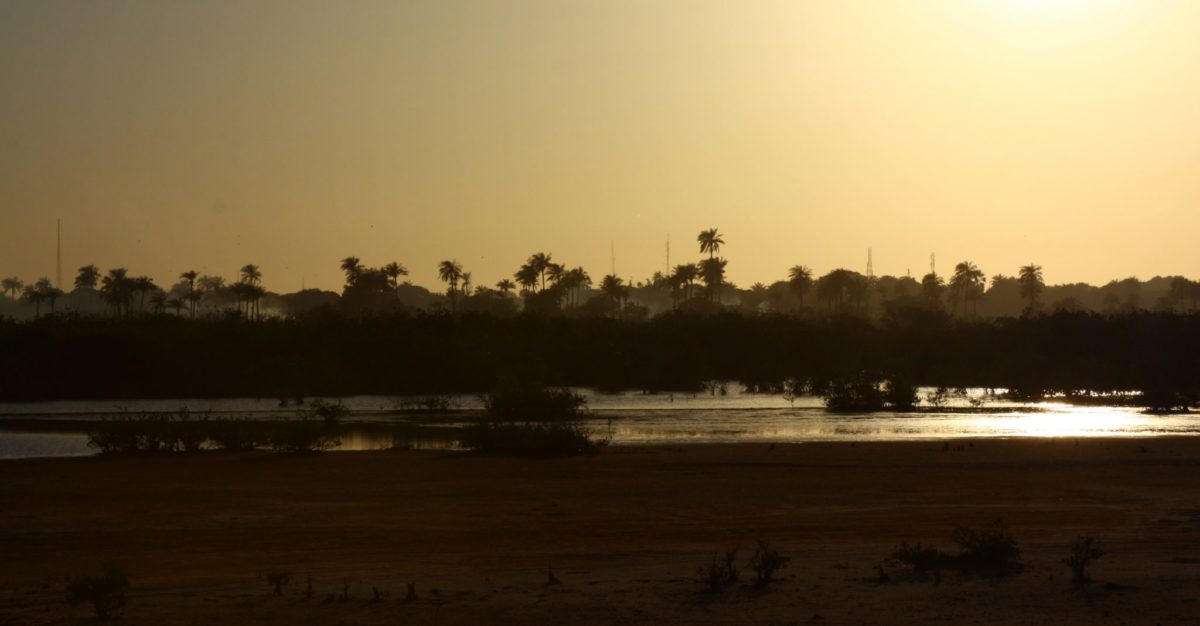The World Bank has issued a request for expressions of interest to select consultancy providers for a PV project Gambia’s National Water and Electricity Company Limited utility is planning to develop in the Greater Banjul area, in the western part of the country.
Selected consultants will have to start providing services this fall and continue for approximately 36 months, the document says. Interested companies have until October 4 to submit offers. The contract includes the management and supervision of the solar plant, a 132 kV transmission line and substations, and a SCADA/EMS system.
According to a separate World Bank document, the solar project is expected to have a capacity of 10-20 MW, and to potentially include a battery electricity storage system to adapt output to demand and minimize grid absorption concerns. The project may be configured as a single plant in the Brikama area or as 3-5 smaller plants in the Greater Banjul area, with the same total capacity.
Little installed power capacity
“Available capacity in the Greater Banjul area deteriorated to 27 MW in October 2017, against a demand of 70 MW – not counting suppressed demand – leading to widespread blackouts, when some parts of the [area] reported two to three hours of power per day throughout the summer,” the World Bank said in the document.
The project is part of the Gambia Electricity Restoration and Modernization Project, a $41 million initiative to improve power supply while increasing Gambia's grid capacity, with the nation currently relying on limited installed power generation. Gambia has an installed capacity of around 99 MW, of which 88 MW is in the Greater Banjul area. Virtually all the capacity is linked to fossil fuel generation.
The west African nation’s electricity network consists mainly of mini-grids which the government hopes to improve by transforming into hybrid mini-grids, integrated with renewable generation capacity.
With a population of around 2 million and an electricity access rate of only 35%, Gambia introduced legislation to promote renewables in 2013 – the Renewable Energy Act. According to the International Renewable Energy Agency, however, inadequate financial, human and institutional resources are preventing the government's plans from being implemented.
This content is protected by copyright and may not be reused. If you want to cooperate with us and would like to reuse some of our content, please contact: editors@pv-magazine.com.




By submitting this form you agree to pv magazine using your data for the purposes of publishing your comment.
Your personal data will only be disclosed or otherwise transmitted to third parties for the purposes of spam filtering or if this is necessary for technical maintenance of the website. Any other transfer to third parties will not take place unless this is justified on the basis of applicable data protection regulations or if pv magazine is legally obliged to do so.
You may revoke this consent at any time with effect for the future, in which case your personal data will be deleted immediately. Otherwise, your data will be deleted if pv magazine has processed your request or the purpose of data storage is fulfilled.
Further information on data privacy can be found in our Data Protection Policy.